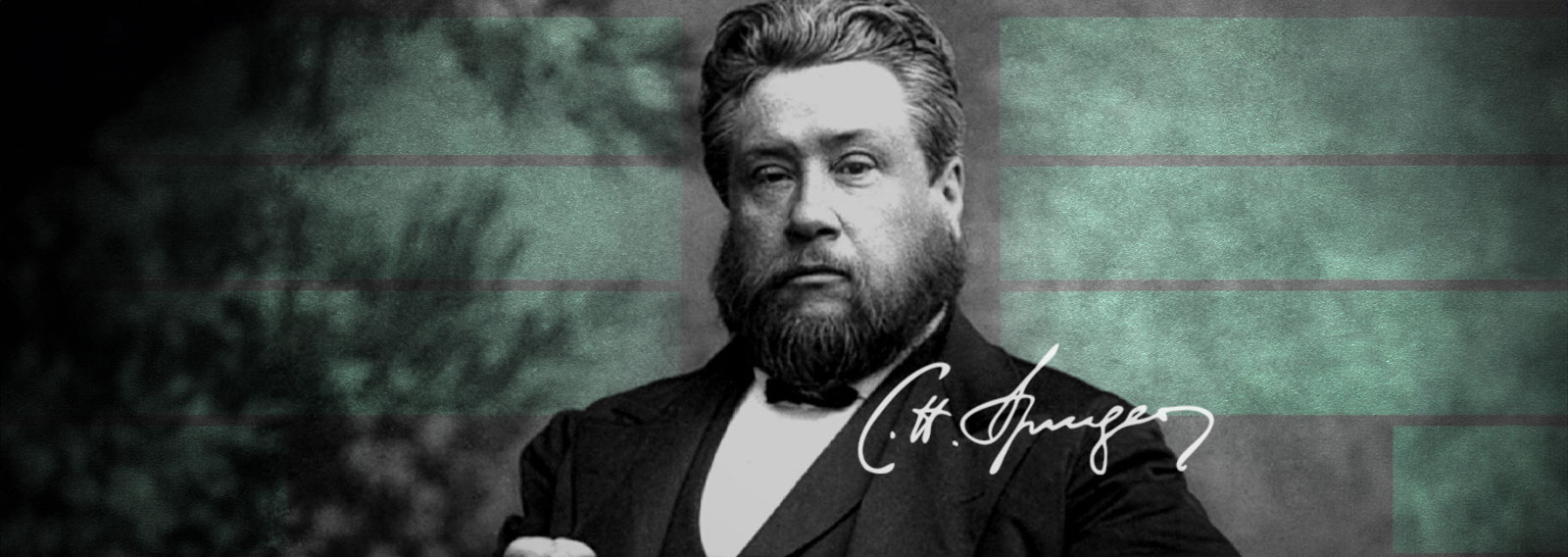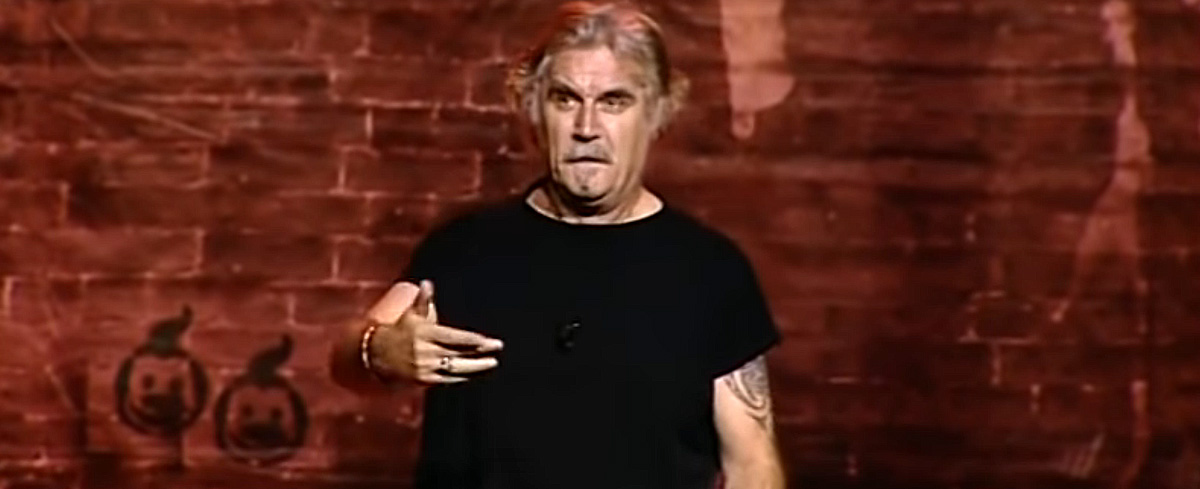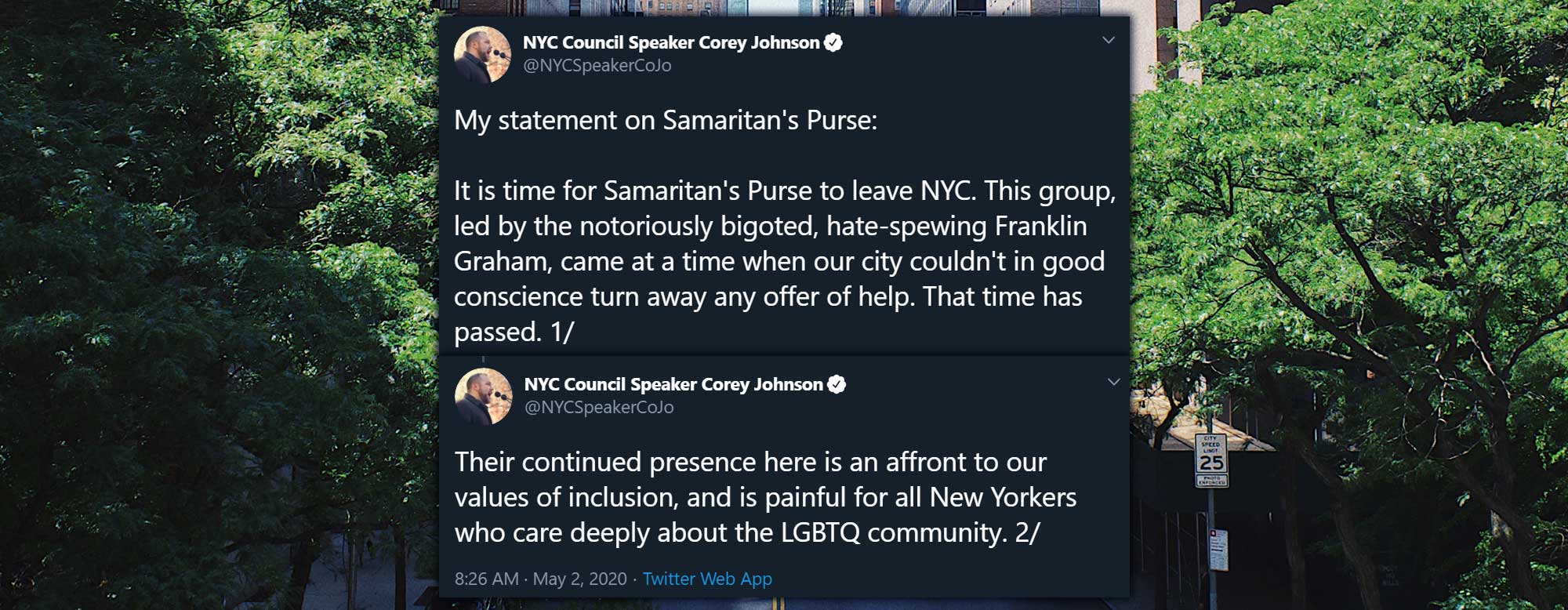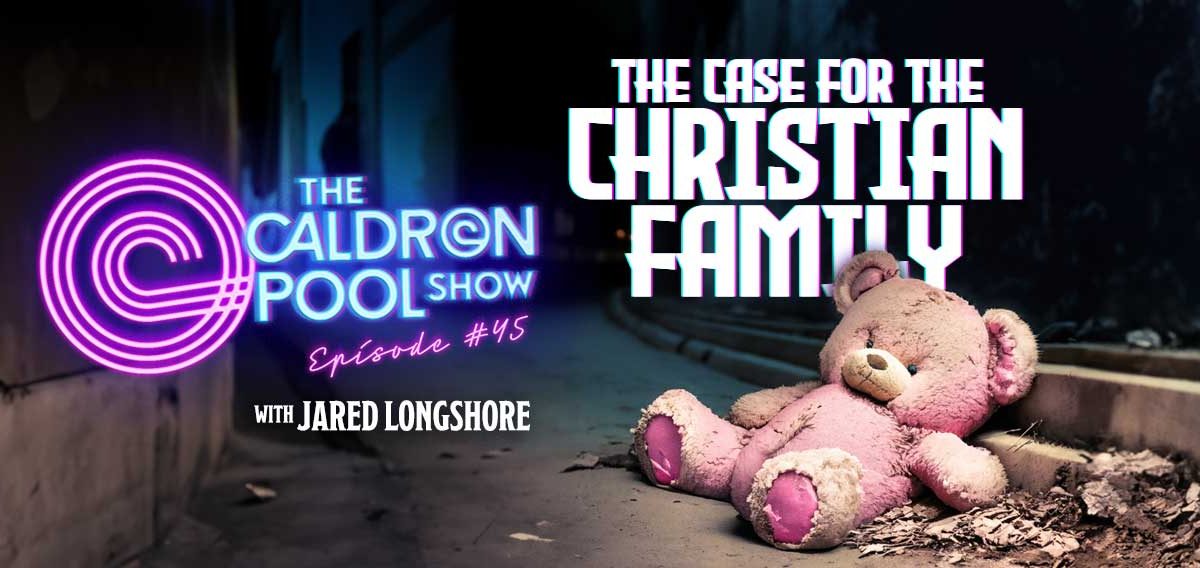Was Charles Spurgeon involved in the culture wars? Well, if you mean by that, did he believe that Christ should be Lord over all of life? Did he believe that Christians are called to be salt and light in all that we do and wherever we are? Did he believe that the gospel has relevance even in social, cultural and political arenas? ‘Yes’ is the answer to all of these questions.
Much can be said about all this. One can refer to many of his sermons and activities for example. As but one helpful resource, consider a new book by Alex Diprima: Spurgeon and the Poor: How the Gospel Compels Christian Social Concern (Reformation Heritage Books, 2023). I hope to have a review of it posted soon.
In a recent article, he said this about the great English preacher:
Spurgeon gave himself to care and concern for the poor of London with extraordinary zeal and heartfelt compassion. He believed a vigorous commitment to good works of benevolence and mercy was not merely optional or preferable, but rather essential to the Christian life and the ministry of the local church.
In an 1862 sermon, he declared, “To me a follower of Jesus means a friend of man. A Christian is a philanthropist by profession, and generous by force of grace; wide as the reign of sorrow is the stretch of his love, and where he cannot help he pities still.”
In another message in 1869, he said, “A church in London, which does not exist to do good in the slums, and dens, and kennels of the city, is a church that has no reason to justify its longer existing…. A church that does not exist to take the side of the poor, to denounce injustice and to hold up righteousness, is a church that has no right to be.”
Spurgeon’s own church, the Metropolitan Tabernacle, was renowned for its commitment to mercy ministry and social engagement. By 1884, the Tabernacle housed sixty-six benevolent institutions that encompassed practically every area of human need. It included an orphanage, a college that offered free education, subsidized housing for poor widows, a clothing bank, a mission to prostitutes, a host of children’s ministries, and several street missions.
In addition to these ministries, Spurgeon was known for his advocacy for the afflicted and disenfranchised. He used his platform to champion better working conditions for the poor, advocate for slaves in the American South, and speak up for disadvantaged children who had little to no access to education.
Spurgeon was also personally benevolent, donating thousands of pounds (the equivalent of millions of dollars) over the course of his life to many dozens of charitable causes. His student and friend W. Y. Fullerton remarked, “His generosity knew scarcely any bounds.”
Undergirding Spurgeon’s emphasis on social ministry was his understanding of the gospel and the Bible’s teaching regarding good works. He believed that the grace of God shown in the gospel ought to change lost sinners into merciful and compassionate people. Those who experience God’s grace ought to become gracious and benevolent in their attitude and disposition toward others. Christians should be universally kind, generous, and merciful toward the poor and the needy as the direct result of new birth.
Let me just appeal to one of his sermons on these matters. Entitled “The Candle,” it was delivered on Sunday morning, April 24, 1881, at the Metropolitan Tabernacle, Newington.
He based this message on Matthew 5:15-16: “Neither do men light a candle and put it under a bushel, but on a candlestick; and it gives light unto all that are in the house. Let your light so shine before men, that they may see your good works, and glorify your Father which is in Heaven.”
He begins with these words:
Our Savior was speaking of the influence of His disciples upon their fellow men and He, first of all, mentioned that secret but powerful influence which He describes under the figure of salt—”You are the salt of the earth.” No sooner is a man born unto God than he begins to influence men with an influence which is rather felt than seen. The very existence of a Believer operates upon unbelievers. He is like a handful of salt cast upon flesh—he has a savor in himself and this penetrate those who are in contact with him. The unobserved, almost unconscious influence, of a holy life is most effectual to serving society and the prevention of moral putrefaction. May there be salt in every one of us, for, “salt is good.” Have salt in yourselves and then you will become a blessing to all around you.
But there is about every true Christian a manifest and visible trait which he is bound to exercise and this our Lord sets forth under the figure of light—”You are the light of the world. A city that is on a hill cannot be hid.” In any case the genuine Christian will manifest the silent and unseen salting influence upon those who come into immediate contact with him, but let him also labor to possesses the second, or illuminating influence, which covers a far larger area and deals more with real life—for salt is for dead flesh and light for living men. “Let your light so shine before men, that they may see your good works, and glorify your Father which is in Heaven.”
Saltiness and light are the power of a Christian! I do not believe that any man gives forth light if he has not, first, received salt and yet some have an abundance of salt who are none too liberal with their light. May God grant us Grace to balance the inward and the outward. May we have serving salt and the diffusive light! Our thoughts will now run on giving light and I pray that I may be helped to move the more and less active among us to exert their influence upon others to this extent—to crown the silent testimonies of their humble faith by an outspoken witness-bearing for their Lord and Savior.
All who have salt will now be urged to show their light. The figure which our Savior uses is a homely one, borrowed from the eastern tent and house. He speaks of a candle, or, more accurately, of a lamp. We should read the passage— “Neither do men light a lamp and put it under a bushel, but on the lamp stand, and it gives light unto all that are in the house.” I shall use the figure both in its eastern and in its western dress and sometimes we will make a lamp of it and sometimes a candle. Perhaps we shall see all the better with both a lamp and a candle and, though we may confuse the metaphor, we shall not confuse anybody’s mind upon the important Truth of God which it sets forth.
Spurgeon goes on to say this:
Put yourself on a candlestick or on a lamp stand. What must that be? A candlestick is an appropriate exhibitor of the light and each man should make an appropriate confession of his faith. The best way is prescribed in God’s Word. It is written, “He that believes and is baptized shall be saved.” Take care that when you have faith, you declare it in the ordained manner, for he that with his heart believes and with his mouth makes confession of Him shall be saved. O Lamp, do not say, “I will shine, but I will lie upon the floor and do it.” No, your place is on the stand which is provided!
Dear Christian Friend, join the Church that you may be placed where you will be in order with the arrangements of the Divine household. A lamp stand should also be something which makes the lamp sufficiently visible. If you do not come out and exhibit your light willingly and cheerfully, it is very likely the Master of the house will fetch you out. Providence will arrange that the light shall not be hidden. See what the Lord did for His Church years ago—He allowed her to be persecuted into publicity! What a lamp stand was found for Christianity in the martyrdoms of the Coliseum, in the public burnings by pagans and papists and in all the other modes by which Believers in Christ were forced into fame!
When there was no printing press; when there were scanty opportunities of making the Gospel public compared with those of today, the Lord caused His witnesses to stand before rulers and kings and there publish, in the most public places the Word of His salvation. Persecution built the lighthouse and Divine Love set aloft the burning and shining Light of the sacred Truth of God! You may find that God will make such a candlestick for you. You shall be forced into testimony in your family by the opposition of those about you unless you take other and happier methods. We ought to be valiant for the Truth of God and speak of it with all prudence and without limit! I long for the day when the precepts of the Christian religion shall be the rule among all classes of men, in all transactions!
And he does indeed mention politics as well. He said:
I often hear it said, “Do not bring religion into politics.” This is precisely where it ought to be brought and set there in the face of all men as on a candlestick! I would have the Cabinet and the Members of Parliament do the work of the nation as before the Lord and I would have the nation, either in making war or peace, consider the matter by the light of righteousness. We are to deal with other nations about this or that upon the principles of the New Testament. I thank God that I have lived to see the attempt made in one or two instances and I pray that the principle may become dominant and permanent! We have had enough of clever men without consciences—let us now see what honest, God-fearing men will do!
But we are told that we must study, “British interests,” as if it were not always to a nation’s truest interest to do right! “But we must follow out our policy.” I say, No! Let the policies which are founded on wrong be cast, like idols, to the moles and to the bats! Stand to that most admirable of policies—”As you would that men should do to you, do you also to them likewise.” Whether we are kings, or queens, or prime ministers, or members of Parliament, or crossing sweepers, this is our rule if we are Christians! Yes, and bring religion into your business and let the Light of God shine in the factory and in the counting-house! Then we shall not have quite so much China clay in the calicoes with which to cheat the foreigner—nor shall we see cheap and nasty articles described as of best quality, nor any other of the dodges in trade that everybody seems to practice nowadays.
You trades people and manufacturers are very much one like the other in this—there are tricks in all trades and one sees it everywhere. I believe everybody to be honest in all England, Scotland and Ireland until he is found out. But whether there are any so incorruptible that they will never be found wanting, this witness says not, for I am not a judge.
And his final two paragraphs are these:
These are your orders. There is the God-made wine—”Draw out now and bear.” Receive from Christ’s fullness and distribute to others! Neglect not your duty as servitors at your Lord’s great feast. Your Master has taken the bread and has blessed and broken it and then He has given it to you. Is that the end of the process? Do you stand there and munch your own personal morsel with a miserable self-satisfaction? No, if you are, indeed, disciples of Christ, you will remember that the next words, in another like incident, are, “and the disciples to the multitude, and they did eat.” Break, then, your bread among the hungry that surround you! Take the whole loaf of Christ and rightly divide and distribute it— and you shall have as much left as at the first—yes, more! You shall gather of the fragments many baskets full.
Only see to it that you freely give what you have freely received, lest hoarded manna breeds corruption! Lest a canker come upon your hoarded gold and silver! And lest your very souls grow moldy even to reeking rottenness before God because you have not drawn out your souls unto the hungry, nor sought to teach those who are perishing for lack of knowledge!
Are you using your candle?


















